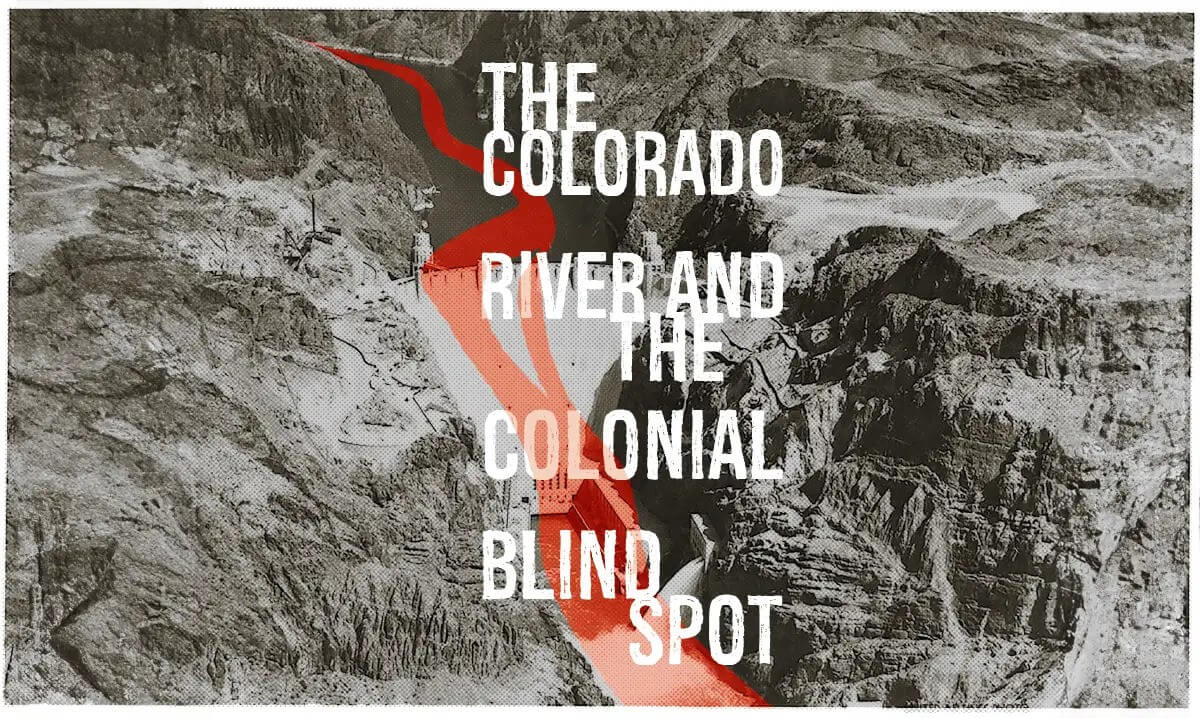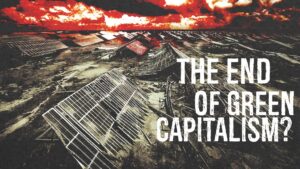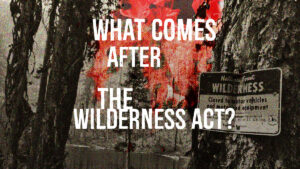Virtual Event: March 27, 2024 | 5-6pm ET /2-3pm PT
Since the nineteenth century, the Colorado River has been a central artery of westward colonial expansion, where it has been divided, plundered, and transformed into an engine of industrial energy production at the expense of the Indigenous Nations that stewarded it for thousands of years. Today, after two centuries of colonization, the river is drying out, and the future of the Southwest is imperiled.
This Zoom webinar explores the role that Western science plays in naturalizing the colonial intrusions that produced the contemporary water crisis, from hydroelectric dams to desert cities. Exposing the mythologies that underpin so-called “objective” modes of scientific research, speakers will challenge us to see from the perspective of the colonial blindspot, revealing solutions to the water crisis that are unimaginable from the settler-colonial view.
This event is part of the Natural History for a World in Crisis programming series, organized by Red Natural History Fellows with The Natural History Museum.
SPEAKERS
Andrew Curley (Diné) is an Assistant Professor in the School of Geography, Development, and Environment at the University of Arizona and a 2023-25 Red Natural History Fellow. His research focuses on the everyday incorporation of Indigenous nations into colonial economies. Building on ethnographic research, his publications speak to how Indigenous communities understand coal, energy, land, water, infrastructure, and development in an era of energy transition and climate change. Curly’s first book Carbon Sovereignty: Coal, Development, and Energy Transition in the Navajo Nation (University of Arizona Press) came out in 2023.
Teresa Montoya (Diné) is an Assistant Professor of Anthropology at the University of Chicago, whose research and media production explores contemporary problems of sovereignty and toxic contamination in relation to historical legacies of land dispossession and resource extraction across the Indigenous Southwest.
Traci Brynne Voyles is Professor and Department Head of History at North Carolina State University. She is a historian of colonialism, race, gender, and environment, with a focus on North America from the nineteenth through the twentieth century. Her award-winning book, The Settler Sea: California’s Salton Sea and the Consequences of Colonialism (2021), asks how settler colonialism entraps nature to do settlers’ work for them.
Erika M. Bsumek is a Professor of History at the University of Texas, whose work examines the impact that large construction projects (dams, highways, cities, and suburbs) had on the American West. Her latest book, The Foundations of Glen Canyon Dam: Infrastructures of Dispossession on the Colorado Plateau (2023) reorients the story of the Glen Canyon Dam to reveal a pattern of Indigenous erasure, weaving together the stories of religious settlers and Indigenous peoples, engineers and biologists, and politicians and spiritual leaders.





